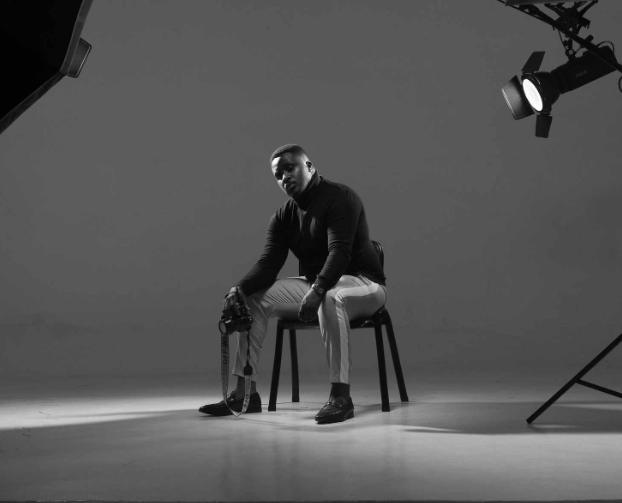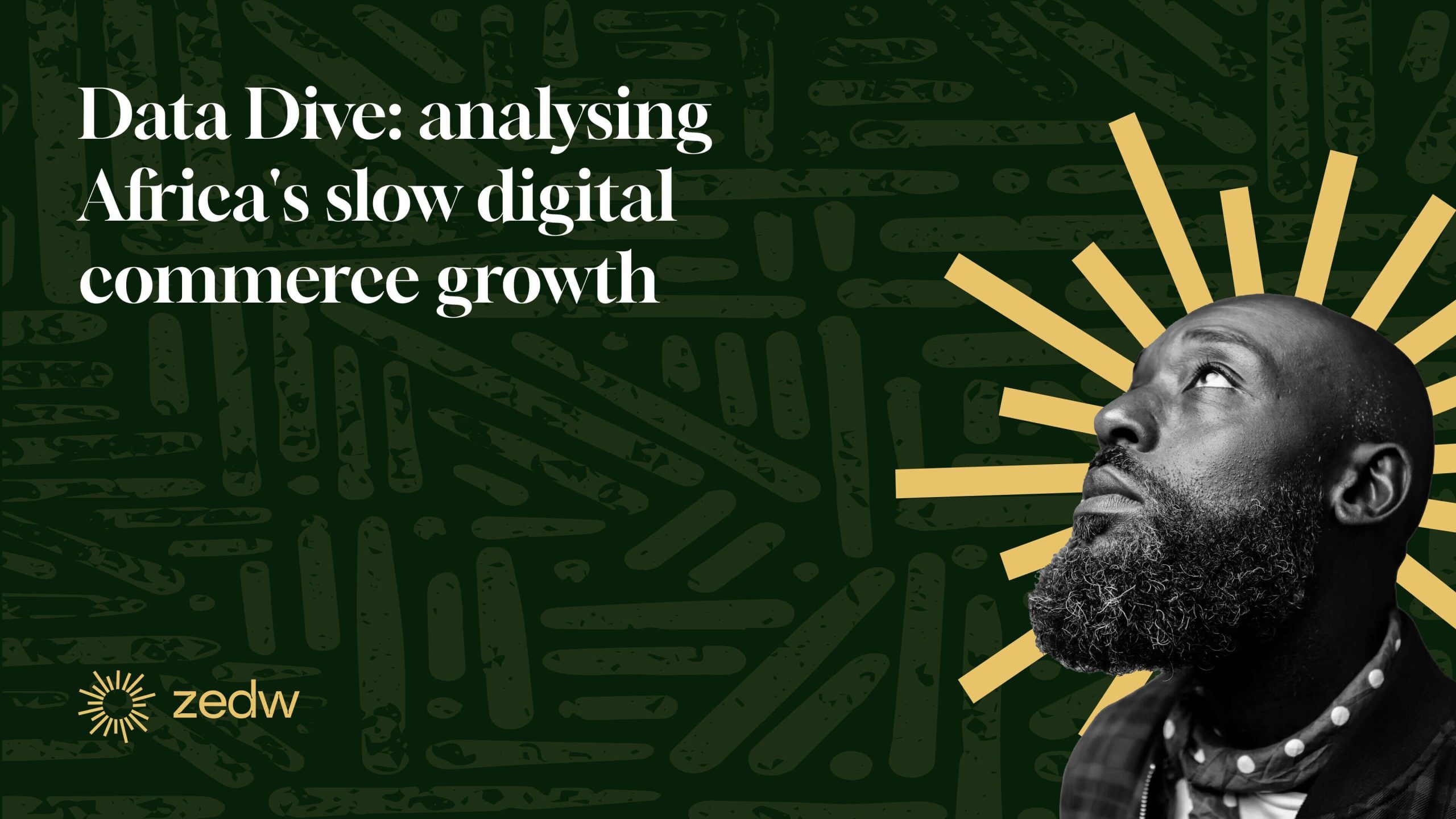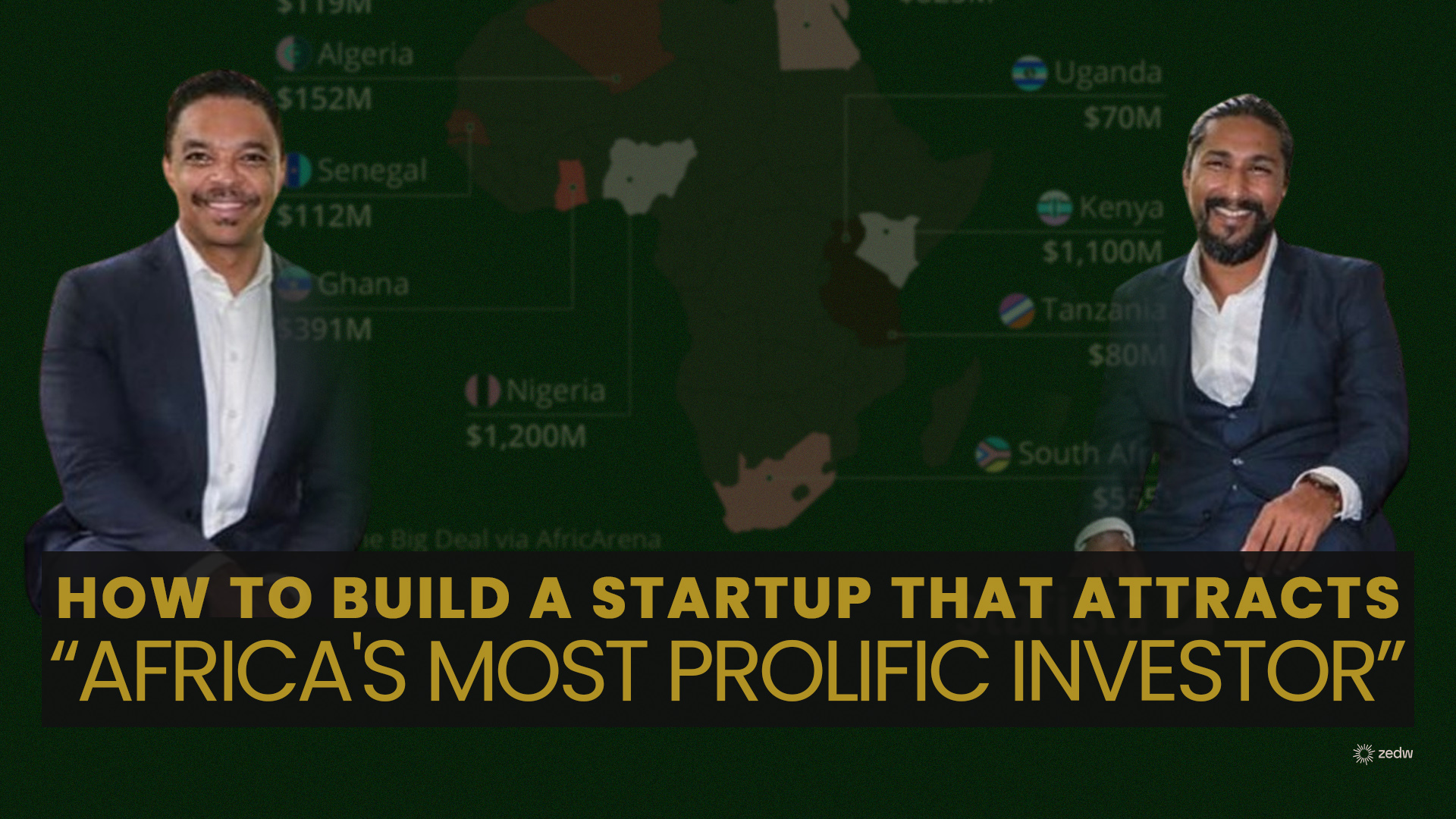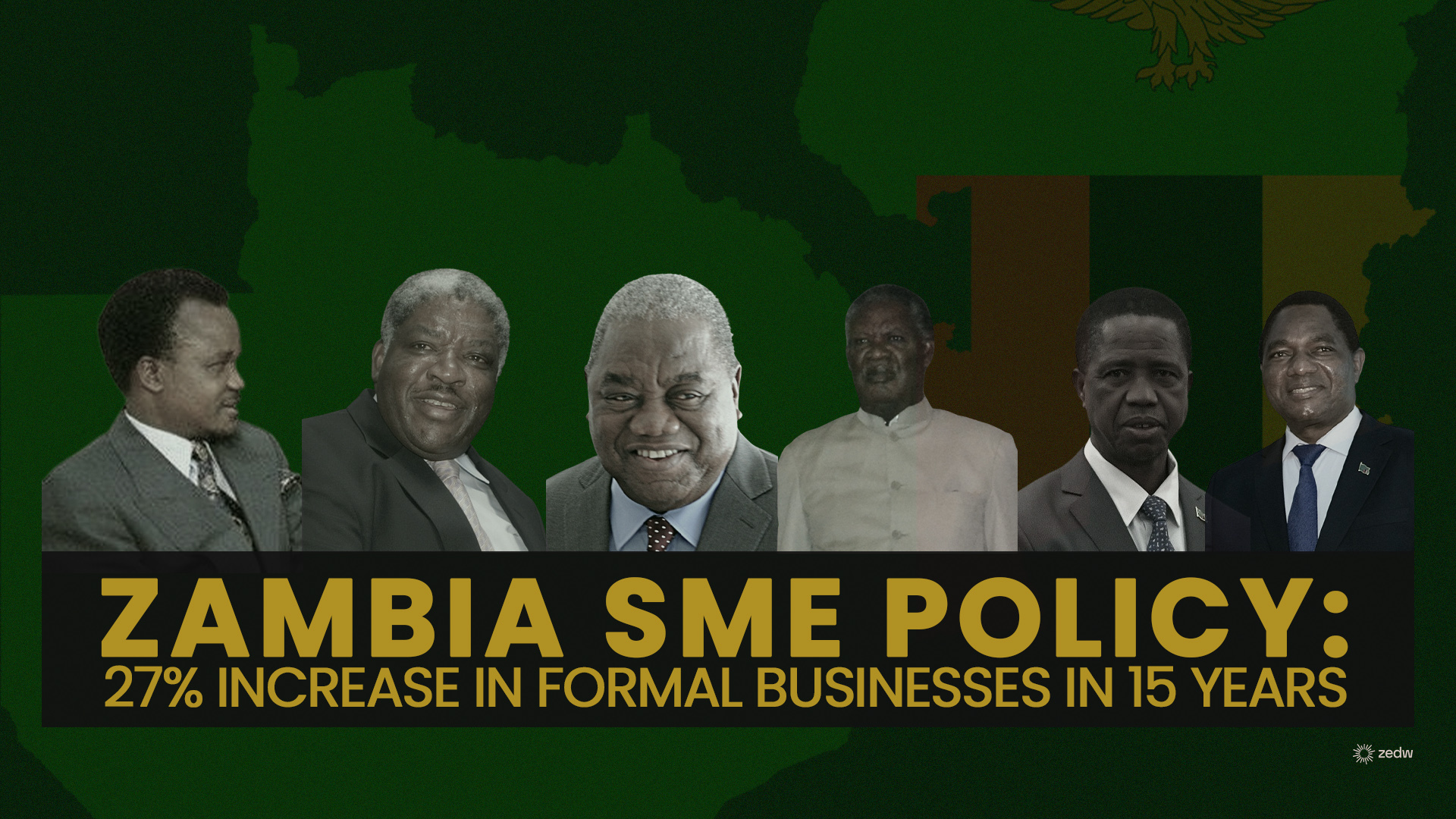Unpublished ran a festival celebrating visual storytellers called “Unpublished in Africa”. The first day of the festivities started with a panel that included Tinashe Gakaka the man behind Gaxx Photography and the Creative Director of Kreate. Gaxx has been featured in GQ South Africa, Vogue Italia, galleries and a number of other publications.
Building a creative business in Zimbabwe is traditionally viewed as a very bold move unless you are unmistakably talented. And even if you are a prodigy, convincing an African parent that you want to pursue an education in the arts, used to be, at least for my generation, a very difficult sell.
That all isn’t to say that parents and guardians are needlessly intransigent, not at all… What they are simply doing is funnelling their children into industries that they believe are ancillary to the economy and will place them in a position to a direct or predictable pathway to making a living. The alternative would be betting the farm on a career in what is a “subjective industry” where there are an innumerable number of factors that fight could see one succeed or fail.
That perceived precariousness is what usually sees the latter win out in most cases, because, as the story goes for many in Zimbabwe, you could do your passion as a hobby while perusing something that offers some measure of security. There is a lot of love in there, even though it can be imperceptible to the one on the receiving end.
I may be alone on an island with this one, but I believe some of the uncertainty is more on translating the business aspects of the creative economy in a way that can be understood across generations. After all, you are selling something much like anyone else who is trading goods, services or skills plus your best years as someone’s employee for money…
Tinashe Gakaka (Gaxx) figures in this story because I think he is a rare example of happy accidents or circumstances creating a beautiful storm. His talk at Unpublished’s “Photography Week” was eye-opening because he didn’t claim to be a prodigy. In fact, photography was, by his own admission, something that he took up “just because”
Gifted or not, if you have the passion or circumstance, start however you can
“I actually started photography as a joke, due to the whole stress of being an Engineer and all that stuff, so I was like let me pick up a hobby and let me buy a camera and take pictures of flowers and rocks” — Gaxx
Hardly the way I thought someone as successful as he is would enter into an industry because if you scroll through his work on his socials and that which he has done for corporates, his skill is quite evident. More so, the progression of motifs and techniques.
I was also taken aback when he described just how unceremoniously his career began…
“The day after I got my camera there was a beauty pageant going on at our University, and the previous photographer who was supposed to cover that event fell ill. My friend who was organising the whole event said ‘I know you bought a camera just come and shoot’.” — Gaxx
“That whole night I was on YouTube trying to understand this thing that I had bought and the next day I get to the set and there are twelve models and they are looking at me like ‘the photographer is here’, What?!… It was very intimidating but my friend was there and said ‘just look professional, just look like you know what you’re doing and get it over and done with’.” — Gaxx
The shoot according to Gaxx went better than he expected and right after it, he started getting booking after booking. There is a lot that was left unsaid, as with anything that has the right circumstances for it to happen, it’s down to the individual to grasp the opportunity with both hands, even if it’s frightening… The emotions and thought processes that ensue are sometimes difficult to express.
Find your niche, not every client is your client
“Stop trying to force yourself on different brands, stop trying to force yourself on to different people, stop trying to take every single job because that is going to ruin your niche” — Gaxx
Depending on where the winds of creativity take you, you are going to have to assess what you like doing. If you are into the more conceptual and experimental side of things you might not appeal to the client who wants their wedding or party photographed. And, on the other hand, if you are on the events side of things, getting a fashion shoot with someone who has proclivities for the avant-garde may be a tall order.
In both cases, your body of work might be incongruous with the client’s taste or the aesthetic that they are going for. There is, of course, the exception of those individuals who are freakishly talented and can manage anything thrown at them because they have an otherworldly ability but for consistency of your portfolio it might be good to develop the style you like to a point that you are clearly distinguishable from your contemporaries.
This isn’t, of course, to say that there is no room for exploration. There are many shades to every art, both those that are already discovered and those yet to be found.
Tinkering isn’t out of the question, evolution occurs everywhere but if you want to make a business out of something like photography you have to find or create your niche…
And in the event that you come across someone who wants a job that falls out of the scope of your creativity, Gaxx was asked if he was turning away clients he said:
“Yeeessss… Not turning clients away but you actually have to refer them to someone else who can cater to the style or the aesthetic they want” — Gaxx
Putting a price on your work
One of the early challenges that anyone faces in any business, is how to place a monetary value on your, product or craft. In photography, as with any other creative enterprise, that isn’t always the easiest thing to do when you start out because not everyone is versed in how to break down the costs of their labours.
This isn’t also forgetting that photography gear, even if it’s just one camera, is expensive be it for a new camera body and lens or if you find something workable on the second-hand market.
The question that brings anxiety in any approach to creative work (for both parties) is “How much do you charge?”. Gaxx’s approach, and that of others in the industry, is by distilling the amount it will take to accomplish the job (by way of an invoice) and seeing how that will match up to the client’s budget.
“You are going to have to break down every single thing that you are doing so that they can understand, instead of just putting one amount at the end.” — Gaxx
The depth to which you take it will depend on if you are working with a corporate or an individual. Gaxx said that he has different packages for a variety of client types that is down to his discretion, and similarly other operators might have their own way of handling different sorts of jobs and their respective demands.
Approaching corporates and how to get them to take you seriously
Getting a big corporate client with a big budget can help you elevate your craft as well as your bank balance and this is something that Gaxx said was one of his biggest challenges.
“As a creative, approaching a corporate, I think that was the most difficult challenge ever. Because you go in with your creative side to it and then most of the demographic of corporate head honchos are a bit old… So trying to translate your creativity to them, is hard as well as getting creative freedom because you get to a point where you put out all your creativity and then they look at it and they’ll look at it and be like ‘what the hell is this?’.”
The remedy that Gaxx found to this was finding ways of translating your work in a way they can understand as well as studying the type of corporation you are dealing with. In a sense, you have to speak the language of the various departments that you are going to encounter in the procurement process.
To get your foot in the door you will have to don your business hat and have things like company registration, your tax clearance, business bank accounts as well as your body of work in a portfolio so that they can, for a lack of a better word, “formalise” things. And as mentioned earlier, you will have to invoice them, clearly indicating what you are going to need to perform the job that they want.
“If you are going to say a crazy amount, find a way to break it down so that it makes sense. So if it’s photography, you are going to have to for things like location scouting, make-up, refreshments etc. You have to go all the way so that they understand and take you seriously. How you present yourself to the corporate goes a long way.” — Gaxx
Pricing (again)… Stick to your guns
It’s difficult to turn someone away, particularly in the Zimbabwean economy, you have to make money to survive. However, you need to value your time and what you have invested when setting your price. There will be the temptation to take a marked decrease on the rate you are charging or, in extreme cases, let the client dictate how much they are going to pay you. To get around this, you have to take into account the time and resources that it is going to take to meet your client’s, as well as your own expectations.
“Like what I said earlier on, of how to break down your invoice, that’s the best way to price everything… How you find value, look at transportation, look at how much you are putting into this entire project and also your time. You need to work on your day, break down your day in hours and put an amount to it.” — Gaxx
So when you put a monetary value to your day that is worth x amount per hour, if someone wants five hours of your time, then it is 5 times whatever the value you put and you’ll have to stick to that.
“Even if you lose a client, they are going to come back and they’ll know your price…” — Gaxx
And when asked about price negotiations, Gaxx’s stance was pretty clear on the matter.
“We don’t… because the moment you negotiate, it’s very hard for them to pay the full price next time. So we don’t negotiate, that’s the price… As an artist, that’s something we need to actually take seriously because once someone negotiates a price on your art, what does that say about your art in general.” — Gaxx
Additionally, the process of capturing the images is just one aspect of the creative process. Post-production or editing might even take longer and all these things need to be considered when you are mapping out how you are going to price your clients. Moreover, it’s a business with running expenses, some of them being your salary (as a creator) as part of that entity as well as your tax obligations, so careful deliberation on pricing is key…
Building business relationships
The success of your enterprise depends heavily on the relationships you build beyond the once-off work you do for a client. Gaxx says that this was the key differentiator, from his perspective, of his work transitioning from a hobby to a business.
“The way I looked at clients when I took it as a hobby and the way I looked at clients as I took it as a business, there is a big difference. As a hobby, people come and go but when you take it as a business you are looking at the long term, you are not looking at short-term returns. You have to take every friendship (in the industry) seriously, every connection seriously.” — Gaxx
The knock-on effect of doing a good job for one individual or corporate and developing a relationship with them means that you are more likely to be recommended by that person or business if anyone in their network is looking for skills in your wheelhouse. There is no greater marketing tool than word of mouth to you adding to your client list.
It should also be mentioned that clients are likely to come back for additional work when they have a good working relationship with your business. And a working relationship can sometimes turn into a friendship of sorts which needs to be managed carefully.
Your clients might want more from you than just photography
When you make a name in any industry, opportunities to scale your operations present themselves in ways that you might not expect. In Gaxx’s case, he launched a media warehouse called Kreate, that brings together photographers, cinematographers, graphic designers etc. It handles visual re-branding as well as social media management for corporates as well as personal brands.
There is a separation between Gaxx Photography and Kreate, and it all came about because Gaxx’s clients wanted more…
“Most clients were asking me ‘What else do you offer? We want the photography but we want something that comes with it’.” — Gaxx
Kreate as a business styles itself as a consummate visual content offering that syncs the videography, photography and graphic design aspect to give a clear and consistent aesthetic.
That opportunity, in my opinion, would not have arisen if the other business unit (Gaxx Photography) didn’t present a compelling enough case for itself as an entity to warrant a greater demand for more of its work across other mediums.
It’s all about presentation…
Tinashe Gakaka’s story speaks of how to manage expectations through how you present an idea. If you are someone who is looking to transition into the creative economy, whether young or old, translating the realities of what you want to pursue in business terms might help move the needle to those you are beholden to as well as your prospective clients.
All that being said success is never guaranteed but if you put systems in place for your creative and business sides, you’ll be in with a definite shout.
If for nothing else it could be a gateway to fulfilling a need in the market that you might have never imagined. Much like Gaxx, who never ended up taking pictures of flowers and rocks…








